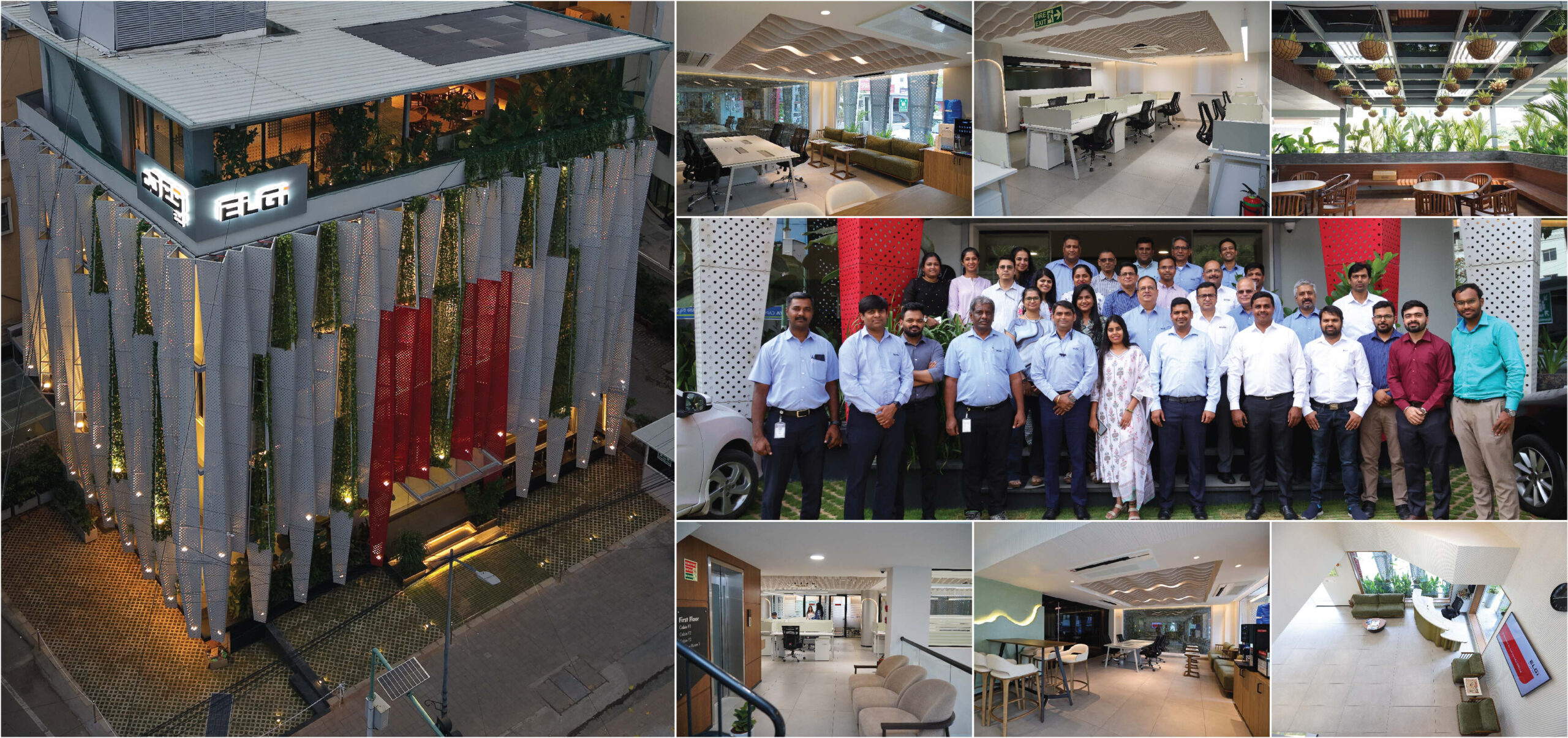Trending Now
- “If Edappadi Palaniswami permits, a thousand young members from the Virudhunagar district AIADMK are prepared to take up arms and engage in battle under my command.” – Former AIADMK Minister Rajendra Balaji
- “India is ready to deal with any counter-attack by Pakistan” – Wing Commander Vyomika Singh
- Central govt orders extension of CBI Director Praveen Sood’s tenure for another year
Coimbatore
Co-living, a concept that is changing the way millennials live
![]() October 20, 2019
October 20, 2019
Co-living is bound to disrupt the rental sector providing multiple accommodation options especially for the millennials. Editor Vidyashree Dharmaraj says how this collaborative concept will find space in the rental ecosystem.
The co-living concept is here and here to stay. This collaborative system is creeping into the rental sector and will soon jostle for space in the traditional landlord-controlled rental environment and eat into especially his millennial patronage, he so grudgingly obliged to.
It is bound to dent the space the micromanaging landlord has been enjoying, and who now had to be content with ‘attaching’ his house with agencies, slump into the easy chair, and calculate the returns he is getting from his ‘faceless’ tenants.
It has also come as a boon for builders who were left to twiddle their thumbs while waiting for their apartments to be sold or find more takers for their underused assets.
So, just what is co-living?
Just like how Ola and Uber revolutionised city transport, an app-based accommodation facilitated by agencies like Oyo and Zolo will enable especially millennials to pick the accommodation they want, where ever they are.
Rajeev Ramasamy, secretary, Confederation of Real Estate Developers Association of India (CREDAI) said, “Tier I cities’ singles, students and IT employees find it easy to get an accommodation through this concept.”
Some of the facilitators even offer allied services like transportation and food, making life simple. Co-living helps people match their tastes and likes with potential roommates.
If a ‘co-resident’ faces any problems, he can raise a complaint, and it doesn’t stop there. If an individual has many complaints stacked against him, he should not be surprised to find he is required to pay a higher rent next time he looks for accommodation or he is given space only on certain conditions.
Co-living has clearly demarcated spaces for men and women in the form of different floors or blocks. These accommodations will be supervised by employees who serve as ‘wardens’, and handle the requirements of the residents. Besides the rent, a fee for housekeeping will be paid.
Facilities will depend on the type of property, with deluxe spaces boasting additional amenities like cafeterias, a separate area for washing clothes and space for get-togethers.
The question that arises is will builders look at outsourcing apartments to such agencies? Would it be lucrative especially in a scenario where many flats remain unsold?
In India, the first set of businessmen who saw an idea through will be the ones to make the maximum profit from any business before it reaches saturation. “So in this sector too, whichever builder outsources his apartment projects to agencies in the first-best phase will benefit the most,” said Ramasamy.
Profits aside, what has to be considered is how comfortable are people with the idea of living in these apartments operated by rental agencies, said Ramasamy.
“As a country we don’t have proper statistics for anything,” said Ramasamy, adding, “we cannot class building projects across the country in a single basket.”
Citing his own real estate company Sreevatsa as an example, he said it has projects with a single unit topping Rs. 3.5 crores and others that fall into two categories – houses ranging between Rs. 60 lakhs and Rs. 1.2 crore and between Rs. 20 lakhs and Rs. 40 lakhs.
Ramasamy said that there is saturation in the market for purchase of the projects worth between Rs. 60 lakhs and Rs 1.2 crore. But on the contrary, there are Rs. 5 crore projects in Mumbai which are still selling.
In Chennai, unsold apartments falling in the bracket of Rs. 60 lakh and Rs. 1.2 crore have now embraced the concept of co-living.
In Coimbatore, there are many hostels which have sprung up near colleges. Hostel is a form of co-living in old school realty ecosystem but the problem is they do not follow rules, said Ramasamy.
To establish this truth, Ramasamy said that before the general elections there was a diktat that was sent to all the hostels stating that they have to follow norms otherwise the authorities will be forced to close them down.
This diktat targeted many villas converted to hostels that were being operated illegally and did not meet stipulations. So the collector had to ensure that hostels met the pre-requisites.
Senior citizen homes also have to adhere to certain prerequisites according to a recent Supreme Court ruling, but don’t, said Ramasamy.
Will the co-living concept suit senior citizens and will it take over this segment?
The idea of co-living is to bring like-minded people together so this concept would work for senior citizens as well or for anyone who is looking to reduce expenses and also have the company of someone that they can get along with. If the agency or the promoter identifies apartment buildings that meet the requirements of senior citizens then they will carve a niche for themselves in this rental space.
Would co-living suit families so that they can cut down on housing rents?
In India so far co-living has worked only in spaces built for individuals, whether they are students or IT employees, and co-residents are charged on an individual basis. For instance, if an individual has to pay Rs. 7,500 for an accommodation, a family of, say, four has to pay four times the amount, which is not affordable. Therefore, it can be said the economics of co-living concept may not work for families.
An exception would be countries like Hong Kong, where the high cost of living have forced to families to adopt the co-living concept.
Would this concept encourage people from buying houses?
Yes, it will certainly increase the chances of buying a house because the returns are more. The reason why people are reluctant to buy apartments is because the returns are low within the traditional rental ecosystem.
But co-living or short term accommodation concept targets individuals of two age categories – below 30 years and above 55 years – and promises returns of 8 per cent.























